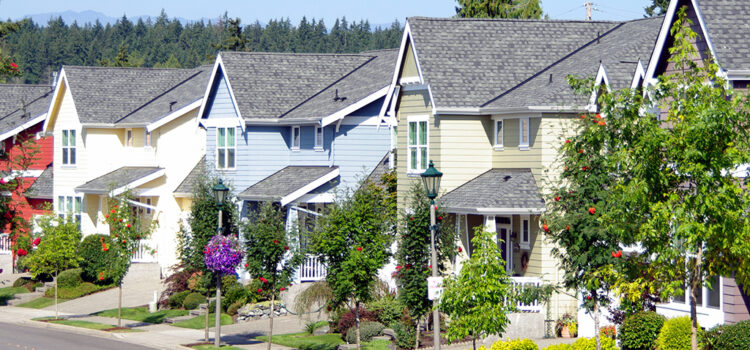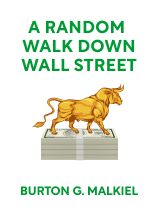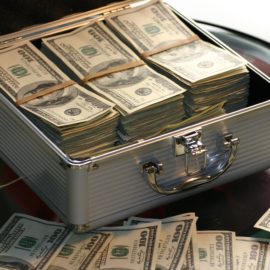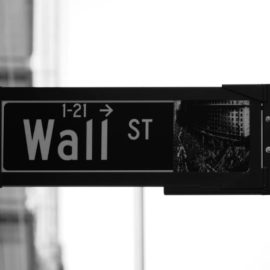

This article is an excerpt from the Shortform book guide to "A Random Walk Down Wall Street" by Burton G. Malkiel. Shortform has the world's best summaries and analyses of books you should be reading.
Like this article? Sign up for a free trial here .
What was the housing bubble of 2008? What caused this devastating financial crash?
The stock market crash and housing bubble of 2008 saw a huge decline in house prices from the 2006 peak. The fallout was huge, with many big financial institutions facing considerable losses. The causes are debated, but essentially too many people took on loans they couldn’t afford, leading to an inevitable crash.
Here’s what happened during the housing bubble of 2008.
The Housing Bubble of 2008, Explained
The financial crisis and housing bubble of 2008 was, by and large, the handiwork of finance professionals.
Its proximate cause was the shift from an “originate and hold” system of mortgage financing to an “originate and distribute” system. In the “originate and hold” system, which was the standard in the 30 years prior to the financial crisis, banks originated (or created) mortgage loans and then held on to those loans for the life of the loan. Because loan officers would be held responsible if one of these loans went into default, they were much more careful about whom they financed.
In the “originate and distribute” system, which became the norm in the early 2000s, banks originated mortgage loans but then sold them to investment bankers, who bundled them together into “mortgage-backed securities”—essentially derivative bonds collateralized by the underlying mortgages’ principal and interest. Because mortgage issuers (and their loan officers) immediately offloaded the mortgages, they were much less scrupulous about whom they were loaning to. Not only did many homebuyers receive loans without putting any money down, many received so-called “NINJA” loans—loans where borrowers showed “no income, job, or assets.”
Investment bankers then sold a second derivative—credit-default swaps—on the mortgage-backed securities. A credit-default swap is essentially an insurance policy—if an owner of a bond (or a mortgage-backed security) is worried that the bond issuer might default on the loan, she can purchase a credit-default swap, which promises a payout if the bond issuer does indeed default. Advocates of credit-default swaps argued that because they spread risk so widely, isolated defaults wouldn’t hurt the overall economy. But when large numbers of mortgage holders began defaulting on their loans and the swaps were triggered, the sellers of the swaps were saddled with huge payment obligations—obligations they simply couldn’t meet.
The consequences of the housing bubble of 2008 were extraordinary, with some of the most storied and successful financial institutions of the 20th century—Bear Stearns, Merrill Lynch, Lehman Brothers, AIG—suffering staggering losses. Some of these firms, like Lehman, declared bankruptcy; others, like Merrill, merged with more stable institutions; still others, like AIG, had to be rescued by the US government.
(Shortform note: To learn more about the 2008 financial crisis, read the summary of The Big Short.)

———End of Preview———
Like what you just read? Read the rest of the world's best book summary and analysis of Burton G. Malkiel's "A Random Walk Down Wall Street" at Shortform .
Here's what you'll find in our full A Random Walk Down Wall Street summary :
- A comprehensive and entertaining introduction to the world of finance
- Practical investment principles that work for every skill level
- The advantages of index investing






